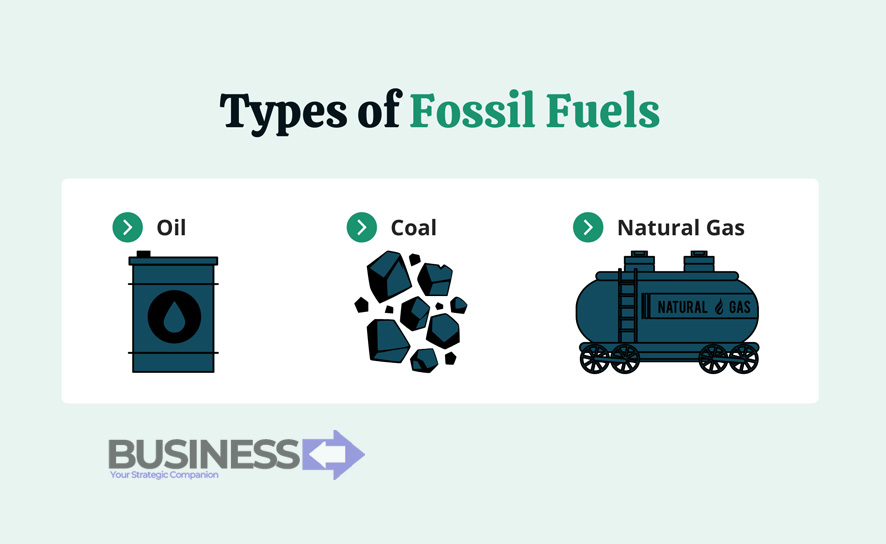Physical Address
304 North Cardinal St.
Dorchester Center, MA 02124
Physical Address
304 North Cardinal St.
Dorchester Center, MA 02124

When purchasing a new vehicle, one of the most important considerations is which type of fuel it uses. The three main options for consumers are gasoline, diesel, and electric. Each fuel type has its own set of advantages and disadvantages regarding cost, efficiency, environmental impact, range, and more.
This article provides an in-depth comparison of gasoline, diesel, and electric fuel types to help readers understand the key differences and make an informed decision when selecting their next car, truck, or SUV.
With climate change and energy independence as pressing issues, vehicle fuel efficiency and emissions have become top priorities for consumers and policymakers alike. New technologies and alternative fuels aim to reduce the transportation sector’s dependency on fossil fuels and their impact on the environment. Understanding the pros and cons of different fuel types can help buyers choose the best option to suit their needs and align with their values.
This article compares the most popular fuel options for light-duty vehicles in the United States: gasoline, diesel, and electric. It analyzes the costs, efficiency, environmental friendliness, range, refueling infrastructure, and performance attributes of each fuel type. Whether buying a compact sedan or a full-size pickup truck, the power source under the hood is an essential factor that can have major implications for your wallet and the planet.
Gasoline-powered vehicles dominate the US auto market, accounting for over 90% of annual light-duty vehicle sales. Introduced over a century ago, gasoline serves as the ubiquitous fuel that most drivers are exceedingly familiar with. But despite its widespread availability and cheaper upfront costs compared to alternatives, gasoline has some definite drawbacks.
So while gasoline vehicles pose some clear risks for the environment and offer limited range, their affordability and abundant infrastructure ensure their dominance as the preferred fuel for most mainstream consumers. However continued innovation aims to amplify the benefits of alternative fuels while minimizing their drawbacks compared to trusty gasoline.
Diesel first grew popular in large commercial vehicles like semi-trucks and buses due to its higher efficiency and rugged durability. But over the last twenty years, automakers introduced diesel options across more consumer models like SUVs and sedans. What unique attributes prompt so many buyers to choose diesel for their new cars and trucks?
Diesel engines excel in some areas like hauling/towing and efficiency. But modern electric vehicle drivetrains now outperform diesel in several aspects while eliminating tailpipe emissions. Still, diesels maintain a niche among truck and SUV buyers needing unmatched torque and range.
While electric cars debuted over a century ago, soaring developments in recent decades have transformed EVs from compliance cars to serious contenders in the mainstream auto sphere. As battery prices fall and charging infrastructure expands exponentially year-over-year, electric vehicles promise to revolutionize transportation with lightning-quick acceleration and silent, emissions-free operation. Do their futuristic specs translate into real-world benefits for owners though?
So if steep upfront prices and range anxiety prodded by inconsistent charging infrastructure stir any hesitation in the electric transition, steadily removing those barriers promises to establish electrification as the way of the future.
When analyzing the positives and negatives surrounding gasoline, diesel, and electric vehicle fuel sources, no option emerges as definitively superior across every category. Conventional fuels still retain some advantages related to affordability and practicality. But electric vehicles already eclipse legacy combustion engines by certain metrics, offering guilt-free driving with instant responsiveness and low operating costs.
Future legislation will likely accelerate electrification through programs incentivizing EV purchases and penalizing ICE emissions. And impending bans on new gasoline and diesel car sales across continents will further propagate this revolutionary transition. Although niche applications still favor liquid fuels, identifying the prime mover powering personal transportation in the coming decades points strongly toward ever-improving electric vehicle technology.
Hopefully, this thorough comparison of each fuel type’s strengths and weaknesses assists readers in determining which option best suits their specific transportation needs and budgets while keeping environmental stewardship in focus. With automakers pouring colossal capital into electrification and clean energy generation, electric vehicles represent.
The main pros of gasoline vehicles are their low upfront cost, widespread fueling infrastructure, high energy density good range per tank, and suitability for most consumer vehicles. Major cons are higher greenhouse gas emissions than electric, more expensive long-term operating costs, potential engine damage from low fuel quality, and range limitations compared to the latest electric vehicles.
Both gasoline and diesel emit high levels of greenhouse gases from combustion. But recent emission cheating scandals highlighted diesel also produces more smog-forming nitrogen oxide pollutants. However, diesel’s greater fuel efficiency means less carbon dioxide emitted per mile driven.
Diesel offers very high torque output, rugged durability, and maximum power delivery at lower RPMs – ideal traits for hauling and towing heavy loads. These characteristics, plus diesels’ extended range from higher fuel efficiency explain their popularity in pickups, large SUVs, and commercial trucks.
The battery packs, electric motors, power electronics, and onboard charging systems needed for electric vehicles currently cost thousands more compared to an internal combustion engine and fuel system. But experts predict cost parity or even lower prices for EVs within the next 5-7 years as production scales up.
Electric motors have far fewer moving parts than piston engines and gas/diesel generators. This eliminates engine vibration and noise for an ultra-refined driving experience. The instant torque from electric motors also enables smooth, rapid acceleration, unlike the peak power delivery of combustion engines.
While some EVs now offer a 300+ miles range rivaling gas vehicles, most remain around a 200-250 miles range. Severe hot or cold temperatures can also reduce range by altering battery chemistry properties. Repeated DC fast charging sessions degrade batteries quicker over time.